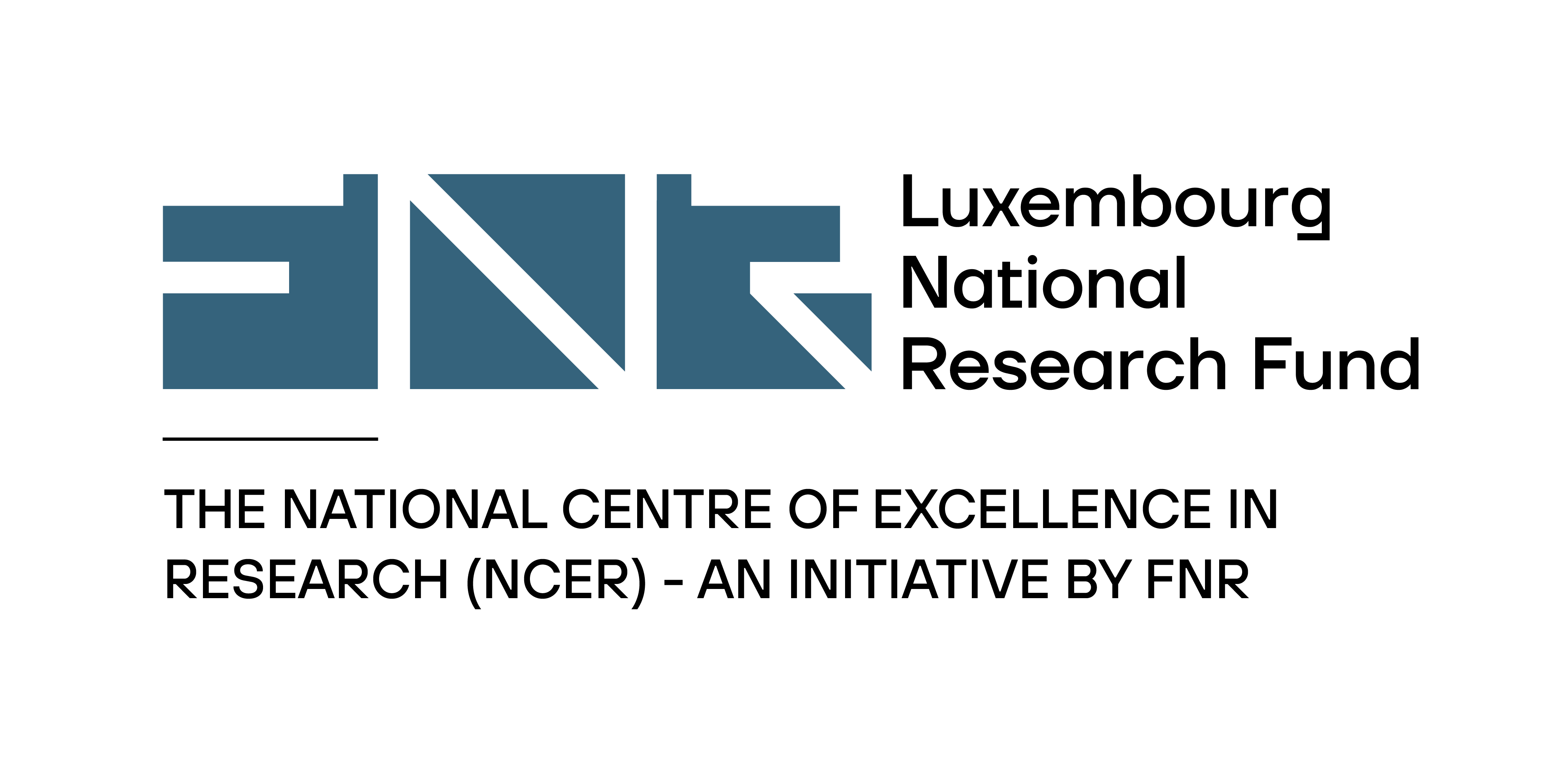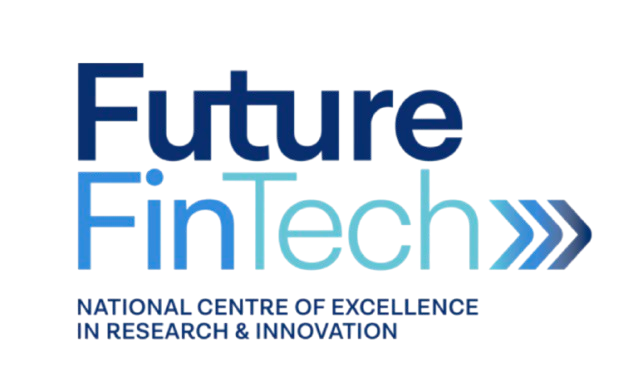The Faculty of Law, Economics and Finance of the University of Luxembourg is pleased to invite you to this NCER FutureFinTech Conference on automating anti-money laundering compliance.
Abstract
This conference will address the phenomenon of the automation of anti-money laundering (AML) compliance by means of artificial intelligence (AI) tools. In recent years, the financial services industry and the academic community have shown growing interest in AI, particularly machine learning, for AML compliance purposes. The objective of the event is to look into the opportunities those new technologies offer to fight financial crime, while tackling the challenges that arise from their use for the purpose of complying with AML regulations. By exploring the technical opportunities and the legal challenges of AI in the field of AML, the conference aims at fostering a broader and more in-depth debate on this evolution.
This multidisciplinary conference will gather legal as well as IT scholars, compliance practitioners and policy makers. The panels will focus on the use of AI for the purpose of implementing know-your-customer requirements and detecting suspicious transactions, the balance that needs to be found with data protection (GDPR) compliance, as well as the quest for explainability of AI-generated AML compliance decisions.
Language
English.
This is a free event. Registration is mandatory.
Programme
-
09.00 – 09.15
Welcome address
Dirk Zetzsche, Head of the Law Department, Professor in Financial Law, ADA Chair in Financial Law and Inclusive Finance, Faculty of Law, Economics and Finance, University of Luxembourg
-
09.15 – 09.30
Introductory speech
Stanisław Tosza, Associate Professor in Compliance and Law Enforcement, Faculty of Law, Economics and Finance, University of Luxembourg
-
09.30 – 10.15
Keynote speech – “Rethinking data access in the context of Anti-Money Laundering – a closer look into AML registers”
Eleni Kosta, Professor of Technology Law and Human Rights, Tilburg Institute for Law, Technology and Society, Tilburg University
Panel I – Knowing Your Customer through Artificial Intelligence
Chair: Julia Sinnig, Assistant Professor, Faculty of Law, Economics and Finance, University of Luxembourg
-
10.15 – 11.45
Complying with KYC-requirements: practical challenges and the potential of AI
Sundhevy Debrand, Chief Compliance Officer at Gen II Luxembourg Services, Board Member of ALCO
Finding close associates through beneficial owners: leveraging access to registries
Sasan Jafarnejad, Postdoctoral researcher, Interdisciplinary Centre for Security, Reliability and Trust, University of Luxembourg
Using AI to know your customer: Challenges for fundamental rights
Olivier Voordeckers, Postdoctoral researcher, Faculty of Law, Economics and Finance, University of Luxembourg
-
11.45 – 12.00
Coffee break
Panel II – Detecting suspicious transactions through Artificial Intelligence
Chair: Djamila Aouada, Assistant Professor/Senior Research Scientist, Interdisciplinary Centre for Security, Reliability and Trust, University of Luxembourg
-
12.00 – 13.30
Leveraging machine learning to detect suspicious transactions
Anis Kacem, Research scientist, Interdisciplinary Centre for Security, Reliability and Trust, University of Luxembourg
AI-based detection of suspicious transactions: Risks for fundamental rights and ethics
Umut Turksen, Professor in Law, Research Centre for Financial & Corporate Integrity, Coventry University
Legal perspectives on AI adoption in Financial Intelligence Units
Andra Giurgiu, Délégué à la protection des données, Cellule de Renseignement Financier, Parquet Général du Grand-Duché de Luxembourg
-
13.30 – 14.30
Lunch break
Panel III – Automated anti-money laundering compliance vs. GDPR-compliance
Chair: Stanisław Tosza, Associate Professor in Compliance and Law Enforcement, Faculty of Law, Economics and Finance, University of Luxembourg
-
14.30 – 16.00
AI-Driven Automation for Eliciting and Specifying GDPR Requirements on Individuals’ Rights
Sallam Abualhaija, Research scientist, Interdisciplinary Centre for Security, Reliability and Trust, University of Luxembourg
AML-purpose AI and GDPR compliance
Anthony Cardinaux, Lawyer at Kaufhold & Réveillaud
AML-purpose AI and data sharing
Magdalena Brewczyńska, Post-doctoral researcher, Tilburg University
-
16.00 – 16.15
Coffee break
Panel IV – Explainability of AI-generated AML-compliance decisions
Chair: Raphaël Frank, Assistant Professor/Senior Research Scientist, Interdisciplinary Centre for Security, Reliability and Trust, University of Luxembourg
-
16.15 – 17.45
Beyond Explainability of AI-generated AML: What Compliance Rules in the AI Act?
Céline Castets-Renard, Canada Research Chair Holder in International and Comparative AI Law, University of Ottawa
Explainability needs of the AML ecosystem actors
Winston Maxwell, Professor of Law & Technology Studies, Institut Polytechnique de Paris (remote)
What does explainability mean in law? The need for a bottom-up approach
Salomé Lannier, Postdoctoral researcher, Faculty of Law, Economics and Finance, University of Luxembourg
Large Language Models to produce explainable outcomes from AI systems oriented to AML-compliance
Mohamed Adel Ali, Postdoctoral researcher, Interdisciplinary Centre for Security, Reliability and Trust, University of Luxembourg
-
17.45 – 18.00
Closing remarks
- Stanisław Tosza, Associate Professor in Compliance and Law Enforcement, Faculty of Law, Economics and Finance, University of Luxembourg
- Raphaël Frank, Assistant professor/Senior research scientist, Interdisciplinary Centre for Security, Reliability and Trust, University of Luxembourg
- Djamila Aouada, Assistant professor/Senior research scientist, Interdisciplinary Centre for Security, Reliability and Trust, University of Luxembourg
Contact
In partnership with



